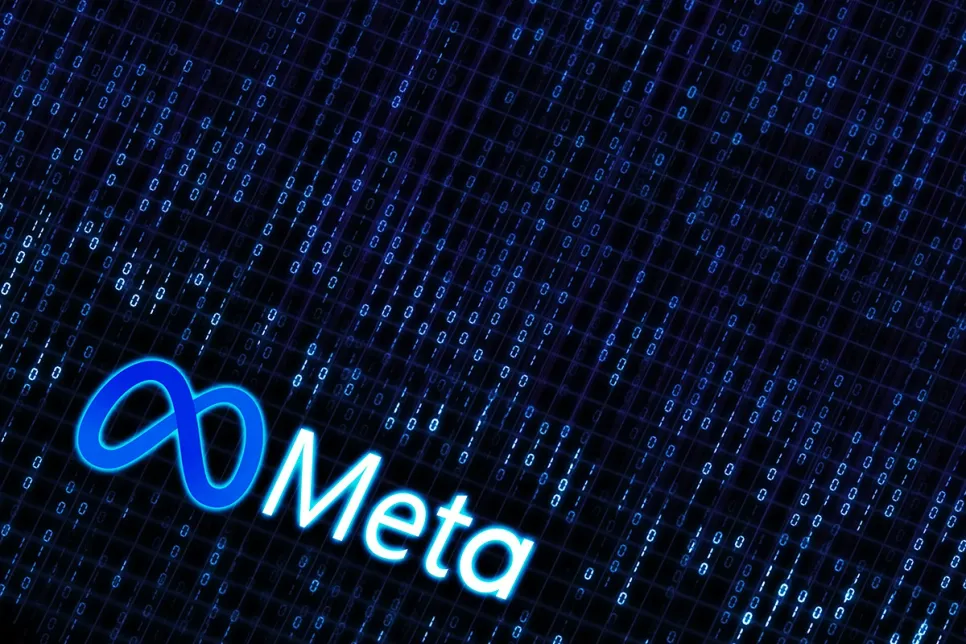US Passes Bill to Fund Chinese Equipment Strip-Out
The US Senate voted in favor of a bill that will provide $3 billion to telecom companies in funding for the FCC rip and replace program.

Meta Platforms’ heavy investments in the metaverse and AI showed promise in Q3. The company's revenue grew 19% to $40.5 billion and net income increased 35% to $15.6 billion.
CEO Mark Zuckerberg and CFO Susan Li highlighted that AI is driving the company’s growth in the face of its spending spree. Total costs and expenses rose 14% to $23.2 billion and capex was $9.2 billion, mainly due to building its AI infrastructure and the metaverse. Zuckerberg noted more than 3.2 billion people use one or more of the company’s apps daily.
Improvements to AI-driven feeds and video recommendations led to an 8% increase in time spent on Facebook and 6% on Instagram, Zuckerberg said. “More than a million advertisers used our genAI tools to create more than 15 million adverts in the last month and we estimate that businesses using image generation are seeing a 7% increase in conversions, and we believe that there’s a lot more upside here,” he said.
Zuckerberg added that the adoption of the company’s open-source Llama 3 models is an inflection point for the industry, while also improving the quality and efficiency of Meta Platforms’ own products. “I’m even more excited about Llama 4, which is now well into its development.” Zuckerberg also said the smaller Llama 4 models will be ready in early 2025.
CFO Li noted that the Reality Labs unit's expenses of $4.7 billion were up 19%, driven by higher headcount expenses and infrastructure costs. Staff numbers rose 9% to 72,404. Zuckerberg said Ray-Ban Meta glasses and its Quest 3S mixed-reality headset are proof integrating AI into wearables is starting to pay off. “This may be the most dynamic moment that I’ve seen in our industry, and I am focused on making sure that we build some awesome things and make the most of the opportunities ahead.”
Meta raised its annual spending forecast from $37 billion to $40 billion to a range of $38 billion to $40 billion. It expects Q4 revenue of $45 billion to $48 billion.